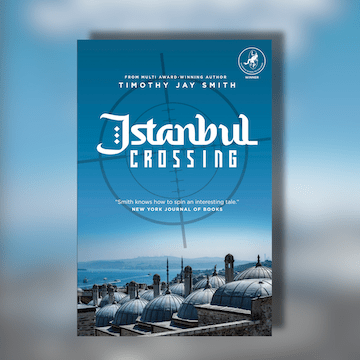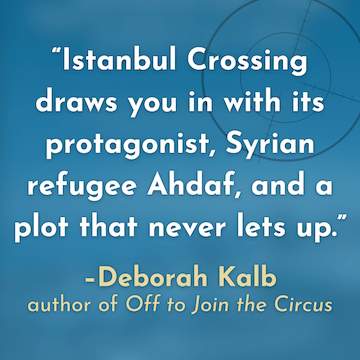
Read by Ray Porter — Is there anyone who still thinks a little illegal drug use is a victimless crime? Who thinks the American “war on drugs” is actually accomplishing anything other than creating vast, lucrative criminal enterprises? Don Winslow’s much-publicised new thriller about the Mexican drug cartels will cure any such fantasy addictions.
It’s clear that Winslow wanted to write an important book, possibly even a consequential one, and main character US DEA (Drug Enforcement Agency) agent Art Keller occasionally climbs up on his soap box to tell us how bad things are. Those speeches are hardly necessary after his detailing of the mayhem resulting from the turf wars between the Mexican drug cartels of 2004 to 2012 and the repeated US missteps in fighting them. American initiatives have been undermanned, outgunned, and overconfident. Time and again, they have underestimated the strength and determination of their foes and the extent of their penetration in the highest levels of the military, the police, and the government.
At the opening of Winslow’s novel, Keller has retired from the DEA and lives incognito as a bee-keeper at a southern California monastery. Still he’s intrigued when his old boss tells him Adan Barrera – Keller’s arch-enemy imprisoned near San Diego – has started to talk. Barrera is the mastermind of the Sinaloa drug cartel, and one of his conditions for providing information is that he be transferred to a prison in Mexico. The Americans agree.
In the Mexican prison, Barrera lives like a king and before long escapes, pulling Keller into a frustrating and labyrinthine pursuit. This book has already been reviewed on Crime Fiction Lover, so I won’t go further into the convoluted plot here. If you’ve read about the IRL escape last July of Sinaloa cartel leader Joaquin Guzman Lorea from Mexico’s only super-max prison, via a tunnel lit by fluorescent lights, provided with fresh air, and containing metal tracks for a small rail-car pulled by a motorcycle – a down-market version of the supertunnels the cartels use to smuggle drugs into the United States – this fictional escape is perfectly believable.
Winslow pulls together his many characters from the competing cartels, the journalists, the ordinary citizens, and the military leader in ways that avoid cliché. Yes, it’s fiction, but of a ripped-from-the-headlines variety with a powerful cumulative effect.
If thriller writers typically try to ramp up the sadistic violence, in order to persuade readers how evil their villains are, in The Cartel, Winslow didn’t need to go beyond what he could find in the newspaper on a daily basis. In a CFL interview, he cited the “astonishing escalation” of drug-related atrocities between the time he wrote his previous book about the cartels, The Power of the Dog, and more recent times.
This is a long book and a long audiobook- 23.5 hours – and has a huge cast of characters. Still, the excellent narration captured the many American, Mexican, and Guatemalan voices so well that I could easily tell them apart. It’s hard to say that I ‘enjoyed’ this book, because it is heartbreaking on so many levels; however, Winslow has done a great service by exposing the deep and bloody wound below the US border in a way that is compelling and unforgettable, and I’m glad I listened to it.
William Heinemann
CD/MP3
£34.19
CFL Rating: 5 Stars









